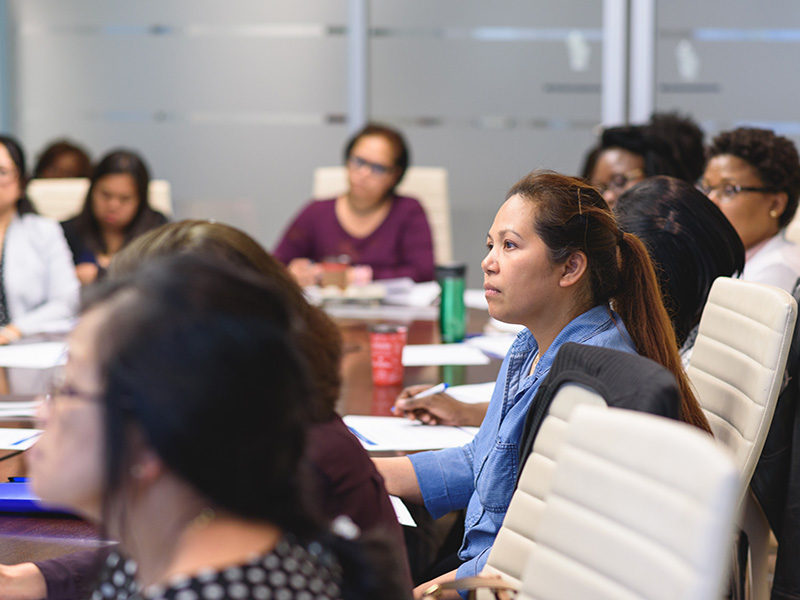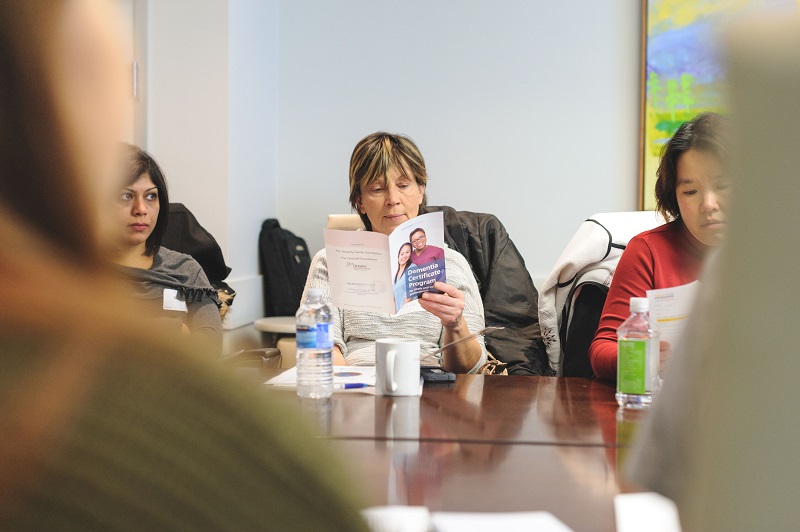
The E.A.S.E program is a 4-session program developed for PSWs currently working with persons living with dementia.
In this session we explore the symptoms of dementia, what they may look like and the impact they can have when giving support to person’s living with dementia.


